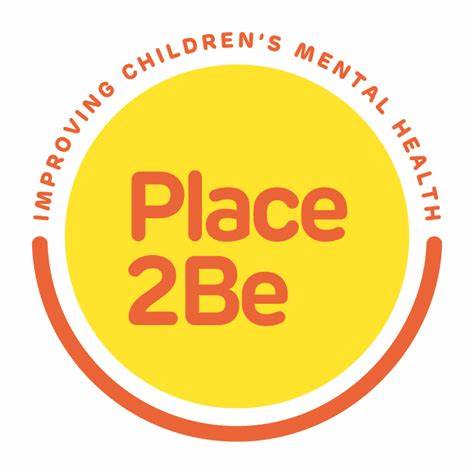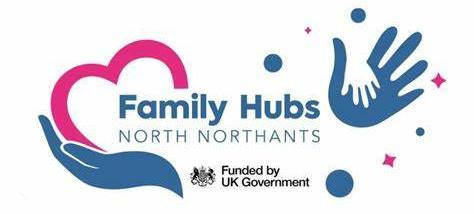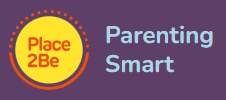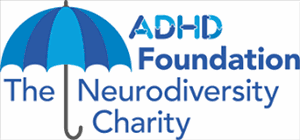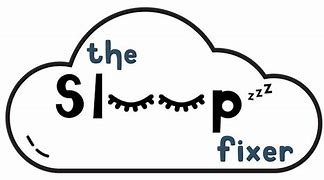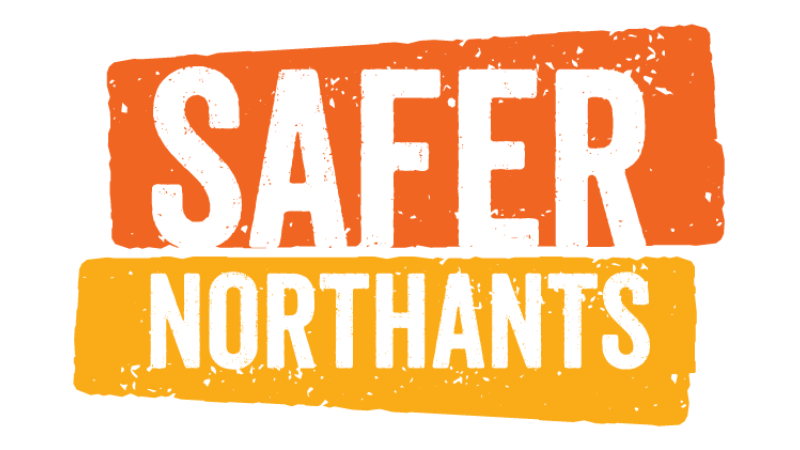Whilst we want to support our children and their families, some things can (and possibly should) be managed at home. These solutions often happen more quickly and easily.
Below you will find a selection of articles, websites and leaflets that can both support your child and your wider family.
Northamptonshire Healthcare - 0-19 Universal Children's Services
Children’s 0-19 Services | NHFT provide the Healthy Child Programme, a planned series of contacts (face to face or virtual via video call) with children and young people up to 19 years old and their families. These contacts are provided by a health visitor for children who are pre-school age, and school nurses who help to look after children who are school age.
Their team also has an infant feeding support team, family nurses (if you are under 18 and pregnant), and children's weight managment and continence services. They aim to support families across Northamptonshire providing a universal service for all, whilst also identifying those who might need specific help.
Their Children's Hub aims to give you more information that will be useful to you and your family.
Here you will also find access to theSchool Nurses Team who work with children aged between 5 and 19 years old who are attending schools. They offer support on many different areas of life including:
- encouraging healthy lifestyle choices
- support with emotional wellbeing including services such as Chat Health
- identifying children and young people who may need additiona support
You can also contact the 0-19 Admin Hub via the telephone: 0800 170 7055.
Coming Soon
Coming Soon
Children and Young People's Mental Health & Wellbeing
Being a parent or carer isn’t always easy. Although it’s often amazing and rewarding to watch your children or young people grow up, it can also be really hard work. Things might feel especially difficult if your child or young person is struggling with their mental health. Or if their mood and behaviour seem different, and you're not sure why or what you can do to help. But you are not alone.
"One in six children aged 5-16 are likely to have a mental health problem. This figure went up by 50% between 2021 and 2022 alone."
There is a useful information guide for parents and carers which you can download here.
Northamptonshire Healthcare - Children and Young People's mental health services
The Children and Young People's Mental Health Service is often known as CYMHS or CAMHS.
They help to look after those children and young people with emotional wellbeing and mental health difficulties. They offer a variety of interventions and therapies in both individual or group settings. They work with families across our county to help children and young people up to the age of 18 (and registered with a GP in Northamptonshire) feel better.
Access their services here CAMHS in the Community | NHFT.
Place2Be - Children's Mental Health
Place2Be is a children’s mental health charity that believes that children should not have to face mental health problems alone. Find out more about their work on their main website. They also run the Parenting Smart service which you can find on the Family Support tab.
Shout
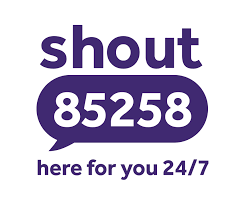
Shout has now been launched in Northamptonshire. Anyone in the area can text the word ‘IMATTER’ to 85258 to be connected to a trained Shout Volunteer. The service is open to all, 24/7, and can help with issues such as anxiety, stress, loneliness, depression and suicidal thoughts. The conversation, which takes place entirely by text message, aims to help the texter reach a calmer place with a plan to move forward. It will also signpost them to further support available locally.
Shout is a free, confidential and anonymous service, designed to provide people with in-the-moment support. Texting 'IMatter' does not appear on phone bills and all messages are confidential unless there is concern about someone’s safety. Shout is available and free to use on the following major phone networks: EE, O2, Three and Vodafone.
Download the 'I Matter' flyer here
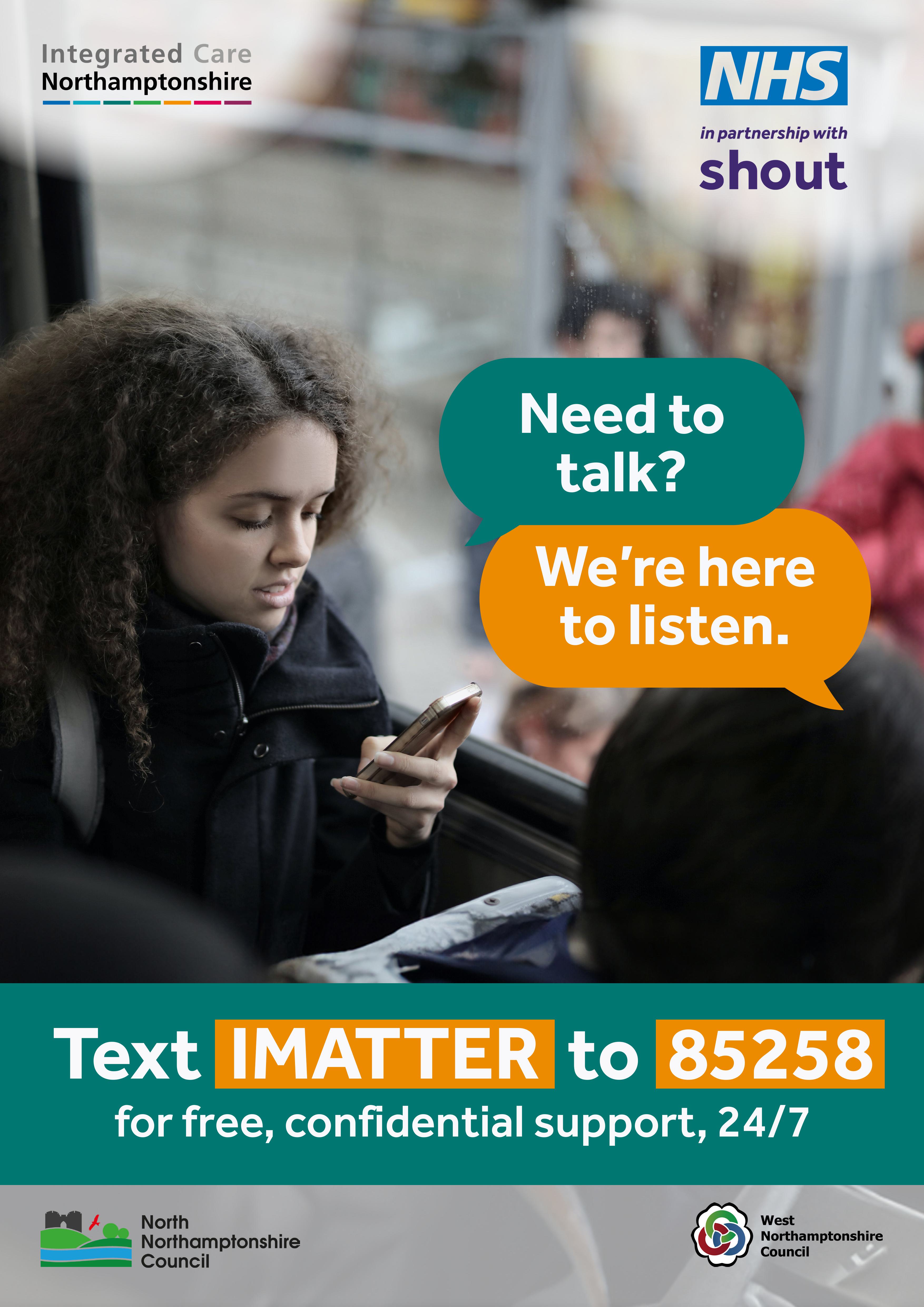
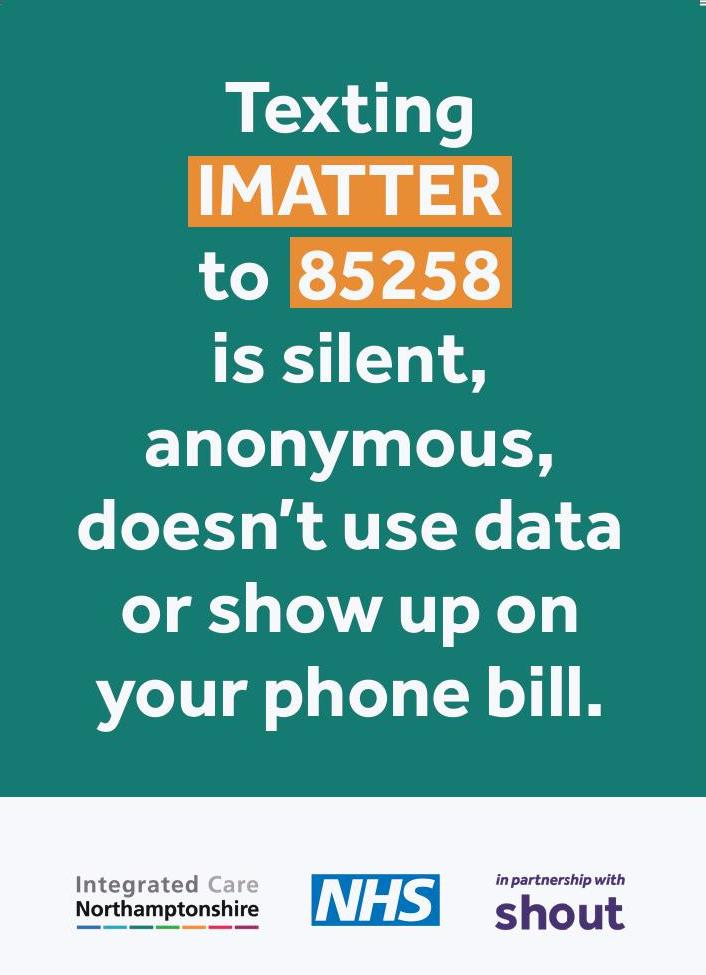
Green Doctors Energy Advice Programme
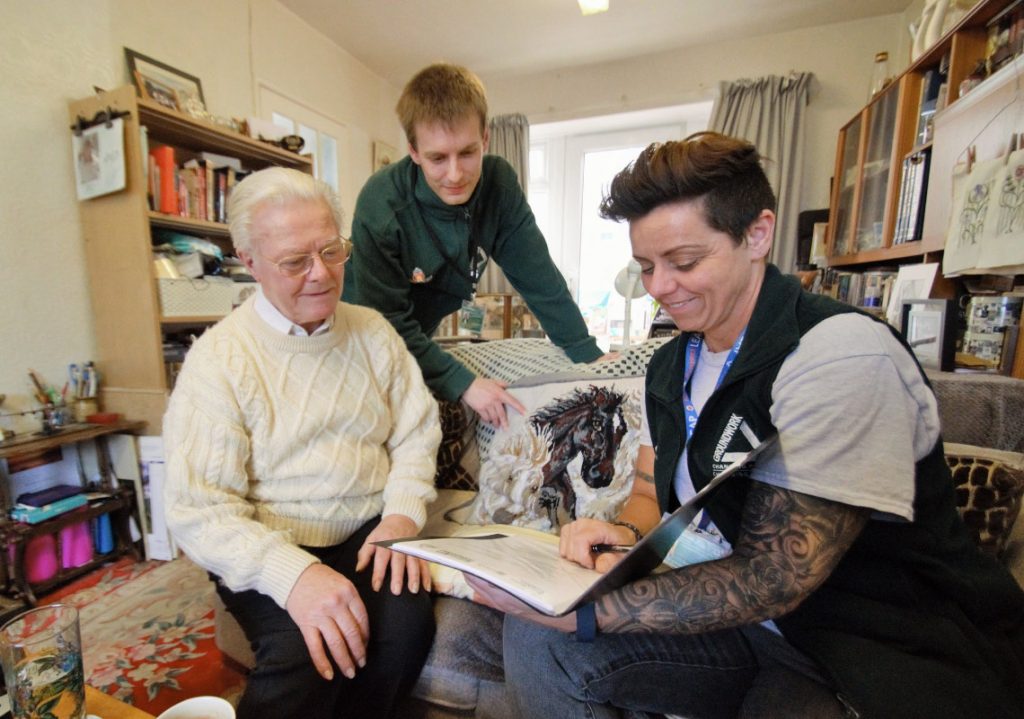
Groundwork Green Doctors are encouraging households in Northamptonshire to access support from them to help stay warm and well in the midst of the current energy crisis. They have launched a new Green Doctors scheme, offering in person and telephone energy efficiency advice to make homes more energy efficient. Launched for households in Kettering, Corby, Wellingborough and the wider north Northants, this programme will also fund the installation of energy efficiency measures, signpost people to debt relief organisations and help people apply for government grants.
This support is available for a wide range of people, including those who are on a low income, living with debt, have poor housing conditions or those who live with a physical or mental health conditions.
Some of the reasons people may want support from Green Doctors:
- Struggling to pay energy bills
- Finding it hard to manage fuel debt
- Worrying about keeping warm or choosing between eating and heating
- Feeling that the home is cold, damp or draughty
- Respiratory problems, such as asthma or a persistent cough
Groundwork Green Doctors has been supported via the Energy Industry Voluntary Redress scheme.
If you are based in Northamptonshire, want to find out more and/or book a consultation by completing their contact form.
Household Support Fund
The government announced that the Household Support Fund has been extended until March 2025.
Holiday support and back to school essentials
If your child gets free school meals, we'll be providing food vouchers during school holidays and support with back to school essentials in the summer. To find out more visit
Household Support Fund | North Northamptonshire Council.
Winter Energy Support
North Northamptonshire Council are offering Winter Energy Support to eligible households. An award of £300 will be made to successful households. This will be made in 2 separate transactions of £150 each. Only one award for winter energy support will be made per household.
You can only apply if:
- you are on a pre-payment meter, or
- your property uses non-standard fuel (e.g. oil)
If successful, you will receive a payment to your bank account.
Apply
To receive support you must:
- be over the age of 16 years (not in full time education)
- have the right to work in the United Kingdom
- be a resident of North Northamptonshire
- be in receipt of means tested benefits
- use a pre-payment meter or non-standard fuel (such as oil) for heating the home
You must provide evidence of:
- your National Insurance number
- 1 month’s full bank statement dated within the last 3 months showing receipt of means tested benefits
- proof of up-front payment for energy (receipt, bill or statement of account showing name, address and account details) dated within the last 3 months
You will need to submit a separate application for the Wider Essential Support.
Anxiety
Supporting Your Child with Anxiety
Managing Change
We experience lots of changes during our lifetimes, and this includes children. For example, changing classes, moving house or changes to our friendships or families. Change can be positive and negative but no matter how large or small a change is, it’s important to look after our wellbeing. It can be challenging to support your wellbeing when you’re dealing with stressful situations. Here is a child-friendly leaflet, from the charity MIND, to support your child.
Resilience & Coping
Activating resilience and coping methods
Self-Regulation
Regulation is something everyone continually works on whether we are aware of it or not. We all encounter trying circumstances that can test our limits. If we can recognize when we are becoming less regulated, we are able to do something about it to manage our feelings and get ourselves to a healthy place. This comes more naturally for some, but for others it is a skill that needs more attention and practice. You can find out more about this by visiting this website.
There is also this useful resource, which has been produced in a child-friendly format.
It also often helps children to talk about their feelings in simple terms that they feel comfortable using. Below are two tools that facilitate this:
Understanding our emotions
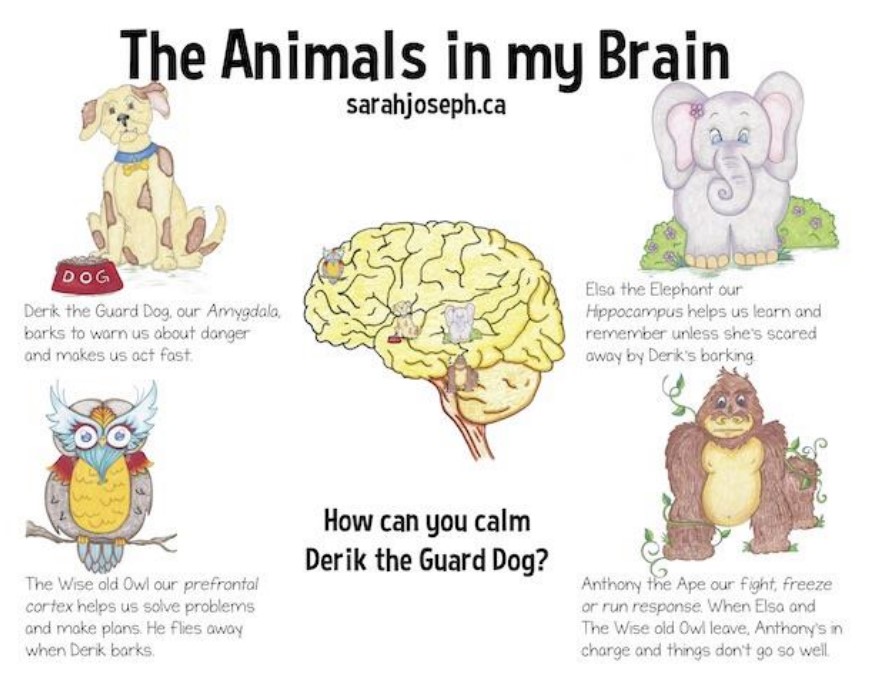
We have a resource here that can be used to help children better understand their brain and any emotions or thoughts they may be having. This is done by treating their emotions as different animals. You can find this child-friendly resource here.
Wellbeing
Espresso Yourself - Wellbeing cafes for young people
Espresso Yourself Cafés are for young people aged 11 to 18 years and their parents and carers. If you find you or your child need support with mental health, or find yourself in crisis then the team are here to listen and help you in your time of need.
Their drop-in sessions have professional mental health workers who can offer you a safe space to talk and be listened to. There will also be group activities and peer support. Parents and carers are also welcome to gain support, advice and information on our services.
If you'd like to, do visit an Espresso Yourself Café. Cafés are open across Northamptonshire and you don't need an appointment - just drop in during opening hours. To see café locations and opening dates and times, please click on the 'Available locations' at this link.
Our local venues are:
Espresso Yourself - Kettering
Every Thursday
4pm to 8pm
Youth Works
97 Rockingham Road
Kettering
NN16 9HX
Telephone: 01536 518339
Espresso Yourself - Corby
Every Tuesday
4pm to 8pm
Youth Works at Corby Mind
8 Argyll Street
Corby
NN17 1RU
Telephone: 01536 518339
Espresso Yourself - Thrapston
Every Wednesday
4pm to 8pm
Chat Youth Counselling
Souster Youth Building
30 Market Road
Thrapston
NN14 4JU
Telephone: 01832 274422
Horses for Good aims to provide an environment in which horses and people can receive support, therapy, education and experiential learning to improve their lives and wellbeing.
Compulsive exercise
Compulsive exercise (sometimes called exercise addiction) happens when a person is driven to exercise too much. This exercise is aimed at preventing some dreaded consequences such as weight gain, or done to prevent or reduce distress and is often based on distorted beliefs about exercise. Patterns of compulsive exercise are linked to certain profound personality traits and serve as a way of coping with deep-rooted emotional problems including stress and anxiety.
Side effects of excessive exercise

We don't ofen talk about it, but some of us can exercise too much. Typical indicators of excessive exercise are that you’re most likely ignoring signs of sickness or injury, spending hours in the gym at a time, and skipping social functions if they get in the way of your routine. Rather than including exercise as part of a balanced lifestyle, you’re placing your strict and obsessive regime at the top of your priorities list, and overworking yourself in this way can lead to a range of health problems.
Read the Jen-up Guide to Excessive Exercise
Adult Learning Service
North Northamptonshire Council Adult Learning Service provides learning opportunities for adults aged 19+, across both North and West Northamptonshire. Offering courses that support people to gain skills so that they can progress in the world of work, and that support the independence and wellbeing of families and communities. The service also offers a Study Programme for learners aged 16 to 19 as an alternative to other further education routes.
Their vision
Every adult in Northamptonshire has the opportunity to gain the skills they need to progress in the world of work, support their children to have the best start in life and improve their own confidence and wellbeing.
We recognise that a wide range of learning opportunities, that reflect and respond to a diverse range of community needs, can:
- increase economic prosperity
- improve health
- reduce dependence
- empower communities
Their mission
To provide learning opportunities for adults in Northamptonshire in order for them to develop their skills and their wellbeing for themselves, their families and their communities.
To find out more about what is on offer, click here.
Family Learning from North Northamptonshire Council
Family Learning courses offer free, fun opportunities for parents, carers and children to learn together. All courses are taught by experienced and qualified tutors who will help to identify personal learning aims, for you and your children, in a safe and welcoming environment.
Family Learning courses aim to help parents and carers
- Become more involved and able to support in your children’s learning
- Become more engaged with your organisation and the wider community
- Develop your personal and family wellbeing and employability skills
- Build confidence and skills to progress to further learning especially in English, Maths and IT
They are currently running courses for:
- English, Maths and Language - find out how Maths and English are taught in primary schools to children
- IT and Online Safety
- Family Crafts and Activities - support your child's learning and development through crafting
- Family Life Skills - learn and develop strategies to cope with challenges facing your family and build your resilience to respond positively
For the latest information, follow Family Learning on Facebook.
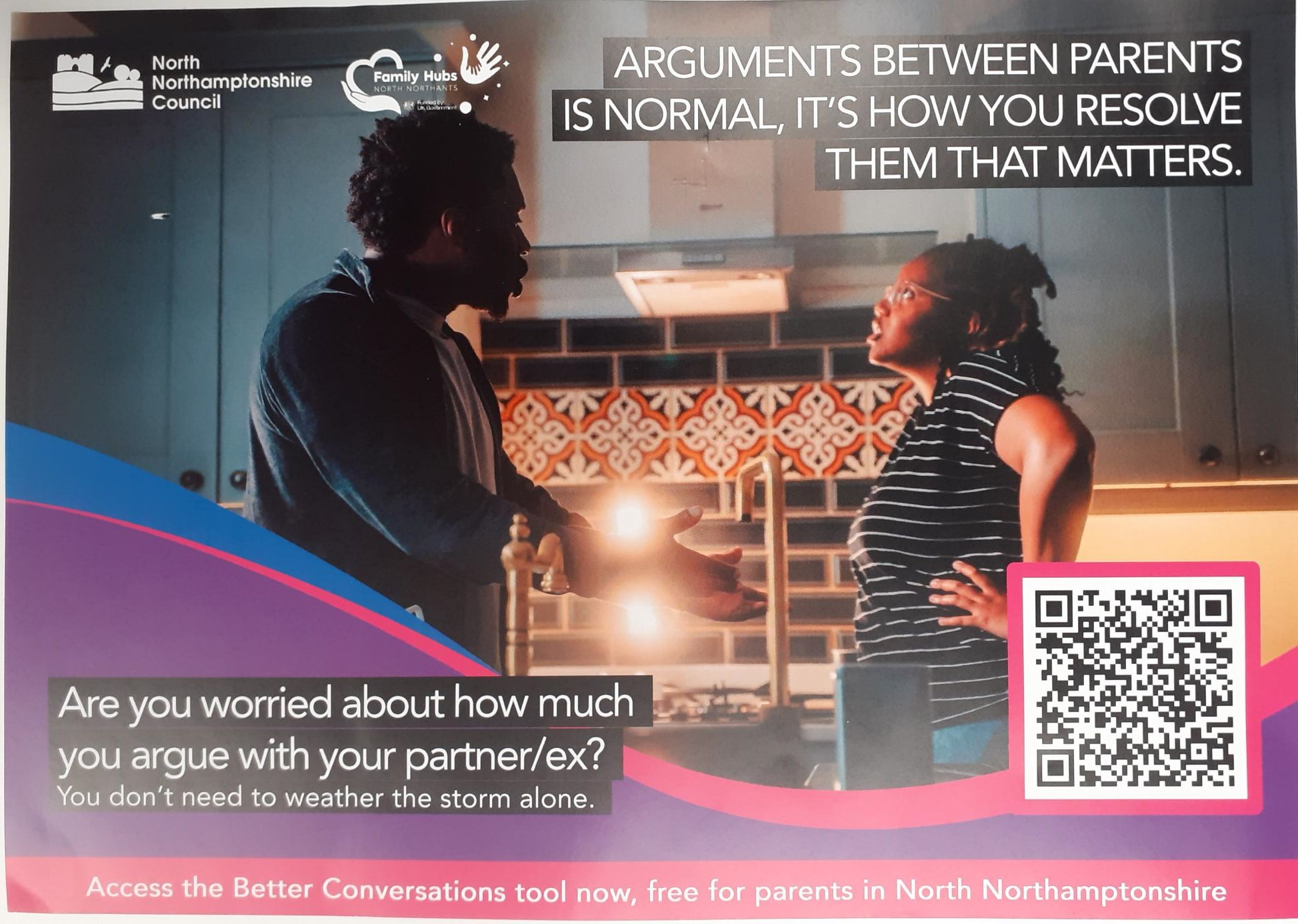
Seperating Better

Separating better equips parents with the practical information and emotional skills they need to put arrangements in place that work in the best interests of their children. The app is available to download for free now, and offers an accessible and sustainable solution to supporting parents through many of the practical steps of separation to help them to co-parent effectively. You can find out more on the leaflet below.
CAFCASS

CAFCASS independently advise family courts about what is safe for children and in their best interests. Focused on their needs, wishes and feelings, they make sure that children’s voices are heard and are at the heart of the family court’s thinking and decision making. For every child, whose current and future living arrangements are decided by the courts, they seek to provide an exceptional experience, everywhere, and every time. To find out more abou CAFCASS and what they do, please visit this link.
Circle of Security Parenting
All parents struggle sometimes... With the stresses and challenges that come with a baby or toddler it is expected that a parent might start to lose confidence and feel overwhelmed by this big responsibility. The Circle of Security Parenting™ Program (CoSPP) is based on decades of research about how secure parent-child relationships can be supported and strengthened.
The Circle of Security Parenting Program is designed to help parents:
•Understand their child’s emotional world by learning to read their emotional needs.
•Enhance the development of their child’s self-esteem.
•Build your confidence and honour your innate wisdom and desire for your child to be secure.
•Reflect on their own experiences of being parented and how this impact their parenting style.
Find out more by downloading their leaflet.
Early Help
The EHSS is a team dedicated to offering information, advice, guidance and support to those working with children and families in need of early help. You can contact the EHSS quickly by calling 0300 126 1000 then enter 12 when prompted.
The Northamptonshire’s Partnership Early Help Strategy
Family Hubs
Family Hubs bring together many different services to support families from pregnancy through the early years of childhood and onwards. They support children and young people up to the age of 19, and if they have Special Educational Needs until age 25. The Hubs are not one building but a network of different physical locations across the local areas, including online virtual support.
Click here to download an information booklet about Family Hubs
Click here for the Family Hubs handout
Click here for the Start For Life flyer
Click here for the Digital Front Door Link
Kettering Women's Centre

Kettering Women's Centre equips women to build self esteem, confidence, emotional regulation and wellbeing. It provides group sessions and also one to one support at any stage of the criminal justice system.
The support that they offer is designed to equip women to believe in their potential, build self esteem, confidence, emotional regulation and wellbeing. In doing so we assist with life skills, budgeting, healthy lifestyle, form filling, mentoring training, volunteering opportunities, peer mentoring and wellbeing groups.
The centre provides a space for service users to meet their Wellbeing Coach, Probation Officer, Assistant Psychologist and other professionals all in one place. There are hot desks for partners to work from, along with meeting space.
Download their leaflet or visit their website.
Parenting Smart
Parenting Smart offers practical advice for parents and carers of children aged 4-11. All of the content is created by Place2Be’s parenting experts. It’s based on evidence and their experiences working with children, young people and their families. By clicking on the abov logo, or here, you can browse their topics for answers to some common parenting questions on a wide range of topics from peer pressure to sibling rivalry. Well worth a look when you begin your journey to guide your child!
Shout

Shout has now been launched in Northamptonshire. Anyone in the area can text the word ‘IMATTER’ to 85258 to be connected to a trained Shout Volunteer. The service is open to all, 24/7, and can help with issues such as anxiety, stress, loneliness, depression and suicidal thoughts. The conversation, which takes place entirely by text message, aims to help the texter reach a calmer place with a plan to move forward. It will also signpost them to further support available locally.
Shout is a free, confidential and anonymous service, designed to provide people with in-the-moment support. Texting 'IMatter' does not appear on phone bills and all messages are confidential unless there is concern about someone’s safety. Shout is available and free to use on the following major phone networks: EE, O2, Three and Vodafone.
Download the 'I Matter' flyer here
Support for Parents & Carers at Home
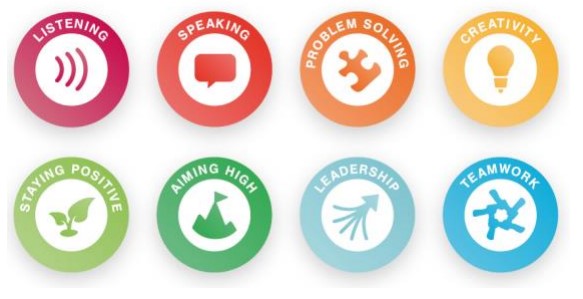
Below are some links to some really useful documents, including games and activitiesm that may help you.
NSPCC Guide to Positive Parenting
Steps for giving Behaviour Choices & Consequences
Steps for Giving Praise Effectively
Steps for Giving Time to Countdown
Sometimes the simplest of things can make the biggest of differences.
Brain breaks to support your child
Northamptonshire NHFT Mental Health
We know it's not just children who suffer with their mental health but the key message is that you are not alone. There are people who can help. All you need to do is reach out. There are some useful resources that you can access below - both have links to apps and websites, and telephone numbers that can put you in touch with services that can help you.
Neurodiversity
Neurodiversity is a word used to describe the different thinking styles that affect how people communicate with the world around them. It is an umbrella term - a word that sums up lots of different things. It includes autism, ADHD, dyslexia, dyspraxia, dyscalculia and Tourette's.
Here is a leaflet that discusses forms of neurodiversity.
Sea Of Support - Families Supporting Families
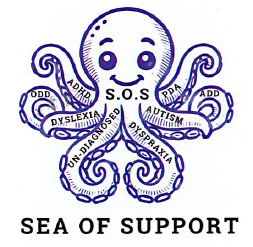
SOS Kettering is a safe, judgement-free space for families in the neurodiverse community to connect, share and learn. It is led by a team with personal experience of neurodiversity. To find out more about this group, please download their flyer.
Autism Spectrum Disorder (ASD)
Autism spectrum disorder (ASD) - its medical name - is the name for a range of conditions which affect how a person communicates and interacts with the world around them, as well as their interests and behaviour. It's not a disease or an illness, but a condition that somebody is born with. People who are born with autism have it all of their lives. Some people prefer to call it 'autism spectrum condition' (ASC) instead of ASD.
ACE - Autistic Children Embraced
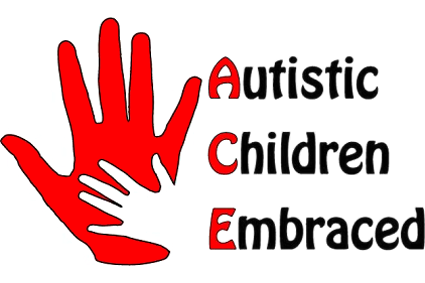
ACE are a parent support group for the families of children and young adults wih Aspergers Symdrome and Autistic Spectrum Disorders. Formed by a group of parents, they aim to support and supply information to ther parents and carers. Please find their details by downloading this leaflet.
ACE - Autistic Children Embraced Leaflet
Attention Deficit Hyperactivity Disorder (ADHD)
Attention deficit hyperactivity disorder (ADHD) is a condition that affects people's behaviour. People with ADHD can seem restless, may have trouble concentrating and may act on impulse. Symptoms of ADHD tend to be noticed at an early age and may become more noticeable when a child's circumstances change, such as when they start school. Below is some information that may help families support those with ADHD.
10 frequently asked questions about ADHD
Northamptonshire Local Offer: Attention Deficit Hyperactivity Disorder (ADHD) Information Pack
The ADHD Foundation is one of the UK’s leading neurodiversity charity, offering a strength-based, lifespan service for the 1 in 5 of us who live with ADHD, Autism, Dyslexia, DCD, Dyscalculia, OCD, Tourette’s Syndrome and more. Visit their webiste here: https://www.adhdfoundation.org.uk/resources/
They also produce a very useful leaflet, which you can download below - "What is ADHD?"
En-Fold Leaflet: Sleep & Autism
The Sleep Fixer
Sleep deprivation affects so many of us, both adults and children alike; yet sleep advice and support is still very much a postcode lottery or unaffordable. Kerry is a leading sleep expert with over a decade of experience here in the UK. She overcame her own children’s sleep problems to finally get a good night’s sleep, and can do the same for you and for your children. With a great deal of experience with children with Special Educational Needs, I am a specialised Sleep Trainer for children with SEND.. As a Sleep Practitioner with over a decade of experience, there isn’t a sleep problem she hasn’t seen and solved. Her simple strategies are suitable for every family set up, and every child can benefit from them, from 12 months to 18 years.
To get in contact with Kerry, please visit her website by clicking on this link.
A-typical Anorexia
The main difference between atypical anorexia nervosa (AAN) and anorexia nervosa (AN) is that people with AAN do not have to be underweight to meet the diagnostic criteria for the disorder. People with AAN can be within a normal weight range or sometimes even be overweight.
Find out more by clicking here.
Anxiety and loss of appetite
Supporting students who are struggling with both anxiety and disordered eating can be challenging, but it’s essential to provide them with care, education, understanding, and appropriate information. Here is some guidance that you can also use to guide you outside of school.
Early Intervention and Prevention of Eating Disorders
Jenny Tomei has produced a toolkit for young people and their families, in order to equip them with the skills they need to identify eating disorder behaviours in themselves or a friend, and to get the necessary help. Three things that are worth saying upfront:
- an eating disorder is not actually primarily about food
- it can affect anyone
- people can and do recover
To access the Parent's Guide that Jenny wrote, click here.
To access Jenny's for those 16 + Eating Disorder toolkit, please click here.
She has also produced a guide for Teachers. You can find that here.
NHS guidance on Malnutrition/Being Underweight
If you are malnourished and losing weight, it is important to eat a balanced and fortified diet to restore good health. Always talk to your GP if you are concerned about your weight loss and want advice on changing your diet. There is also some useful information that you'll find by clicking here and also by visiting this page.
Jenny Tomei has also produced some guidance on the side-effects of under-eating. Access it here.
Safer Northants
The Northamptonshire Serious Violence Prevention Partnership (NSVPP) has launched Safer Northants, a new online resource aimed at providing information to make communities safer. The website is designed to empower young people, parents and guardians with the knowledge they need to stay safe and support one another. Packed with practical advice and guidance, the website covers important topics such as knife crime and substance use. It equips young people with the knowledge to make informed decisions and provides parents with the tools to guide and support their children.
The website serves as a hub for information on the NSVPP’s efforts offering visitors a comprehensive introduction to the partnership’s work, its strategy to tackling violence, and the latest news and updates. By connecting users to critical support services, the platform seeks to foster a more informed and engaged community.
Visit Safer Northants today, and explore the advice, resources and guidance provided.
Coming Soon

